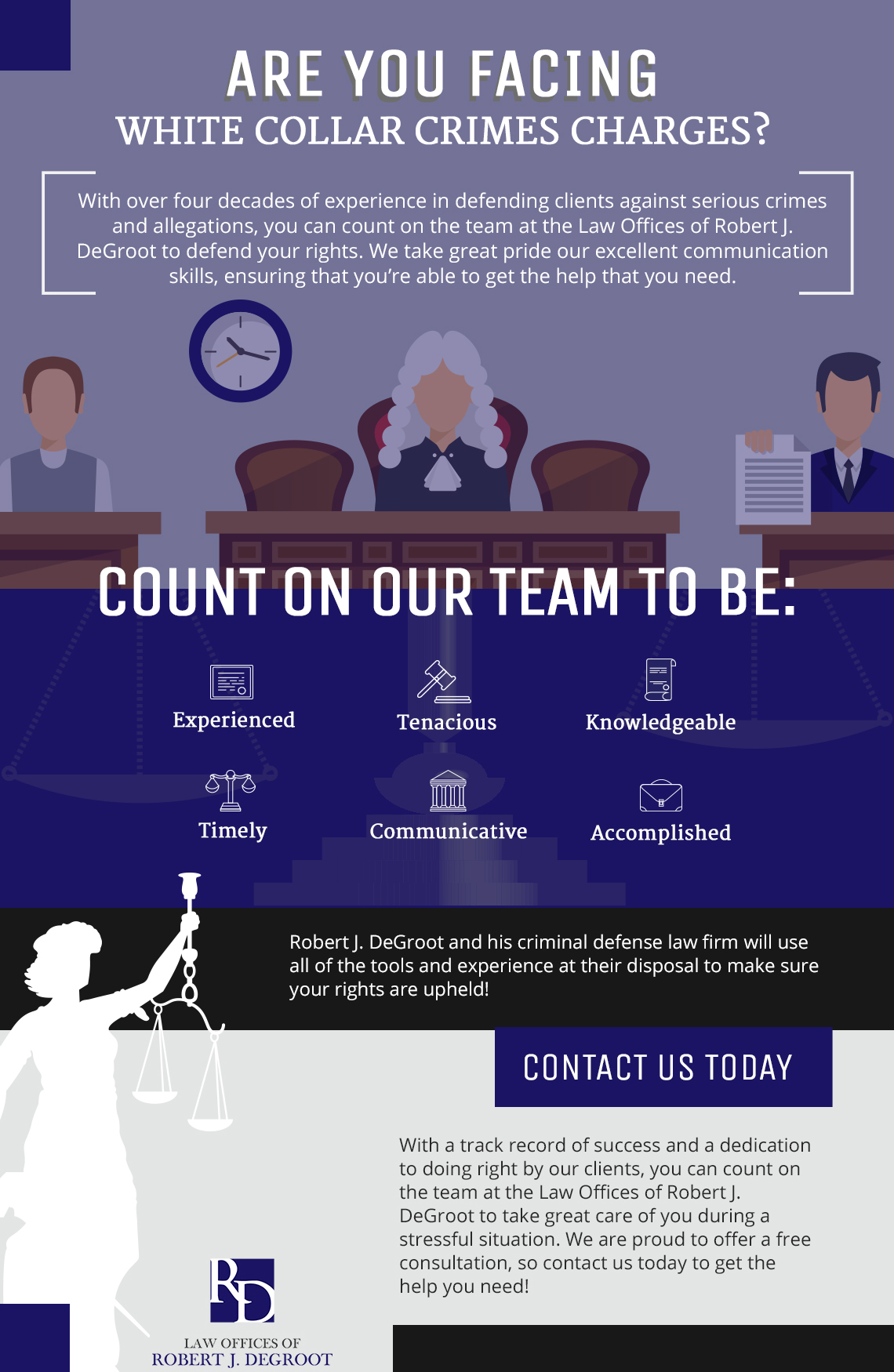Just How Criminal Justice Attorneys Get Ready For A Trial: Inside The Process
Just How Criminal Justice Attorneys Get Ready For A Trial: Inside The Process
Blog Article
Authored By-Cherry Patterson
When you think about the preparation that goes into a criminal trial, it's easy to neglect the comprehensive behind the curtain work lawyers engage in. You'll locate that they start by analyzing the case details and collecting proof, however it doesn't stop there. They craft techniques based on that's presiding over the instance and that's sitting on the jury. As they browse the intricacies of each trial, they additionally need to anticipate the prosecution's moves. So, what certain actions do they take to make sure every little thing straightens completely come test day?
Situation Evaluation
When planning for a trial, a complete situation analysis is necessary for any kind of criminal justice lawyer. You'll begin by evaluating the realities of your situation, which sets the foundation for your approach. Recognizing the timeline of occasions, identifying key players, and acknowledging prospective weaknesses in the prosecution's disagreement will assist you build a solid technique.
Next off, you'll assess any kind of existing lawful criteria that might affect your instance. Familiarizing on your own with comparable situations can offer important insights into just how courts may analyze the law. This expertise enables you to prepare for difficulties and resolve them proactively.
Furthermore, you'll want to speak with your client to collect their point of view and ensure their narrative lines up with the evidence. Reliable interaction additionally helps build depend on, which is crucial for a solid attorney-client relationship.
Ultimately, consider the ramifications of different results. This assessment not only prepares you for test but additionally permits you to recommend your customer on possible appeal bargains or alternate resolutions.
Proof Collection
After analyzing the case, the next step includes event evidence that sustains your client's protection. This process is critical, as the strength of your instance typically rests on the quality and relevance of the proof you accumulate.
You'll start by recognizing potential sources of proof, which may consist of witness statements, cops reports, monitoring video, and forensic information.
When you have actually identified these resources, you'll need to acquire them legitimately and fairly. This could indicate filing requests for documents, speaking with witnesses, and coordinating with professionals that can analyze physical evidence.
Be extensive in your paperwork; every piece of proof need to be cataloged diligently to ensure you can reference it quickly during trial.
It's likewise important to examine the evidence for its admissibility. Some items may be compelling yet might deal with challenges in court due to lawful guidelines. You'll want to expect any kind of objections from the prosecution and prepare counterarguments.
Ultimately, keep your customer educated throughout this procedure. go to the website develops count on and helps them understand exactly how each piece of proof adds to their defense strategy.
This collaborative method lays the structure for a strong instance as you move closer to trial.
Trial Method Growth
Creating a trial approach is crucial for successfully providing your case in court. You'll wish to begin by evaluating the proof collected and determining key motifs that support your client's position. Think of just how to provide the realities in a compelling story that reverberates with the court.
Next off, consider your audience. You need to customize your strategy based upon the discretionary's backgrounds, beliefs, and worths. This understanding can guide exactly how you frame your disagreements and pick which proof to highlight.
It's likewise vital to expect the prosecution's technique. Identify potential weaknesses in your case and create counterarguments to resolve them proactively. Consider what questions jurors may have and be prepared with clear, succinct feedbacks.
As soon as you have actually developed your core debates, technique providing them with confidence. Link Website can be useful for improving your presentation design and evaluating the effectiveness of your technique.
Finally, stay flexible throughout the trial. Be ready to adapt your strategy as brand-new evidence or growths emerge, ensuring you remain concentrated on attaining the best result for your client.
Conclusion
In planning for trial, you require to remain organized and positive. By extensively assessing the situation, collecting solid evidence, and crafting a strategic approach, you'll set yourself up for success. Keep in mind, adaptability is essential; prepare to adjust as the trial proceeds. With efficient interaction and technique through simulated trials, you'll be fully equipped to counter any kind of difficulties that occur. Inevitably, your prep work can make all the difference in achieving a desirable result for your client.
